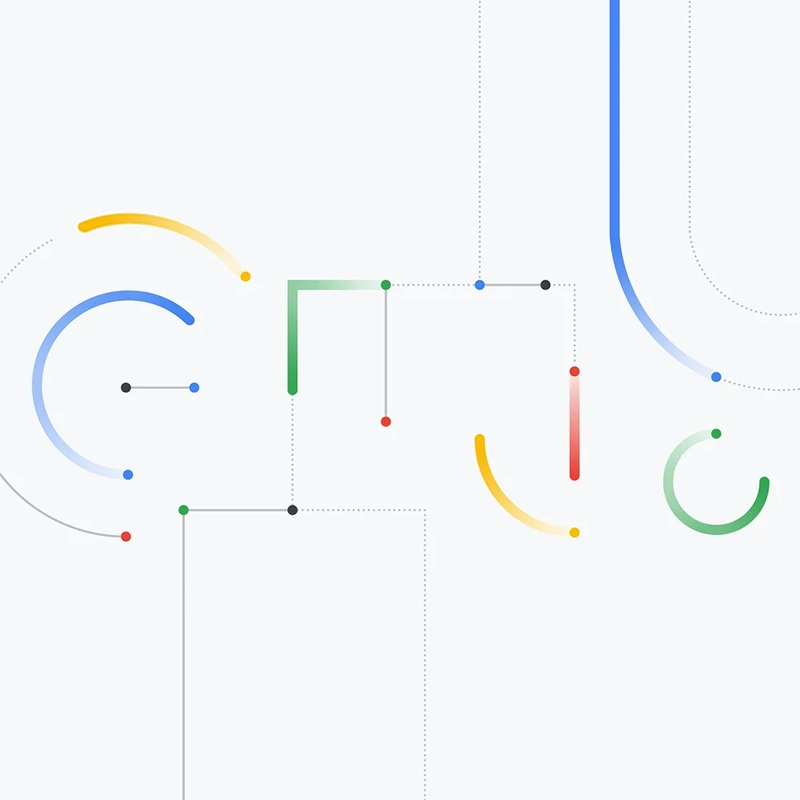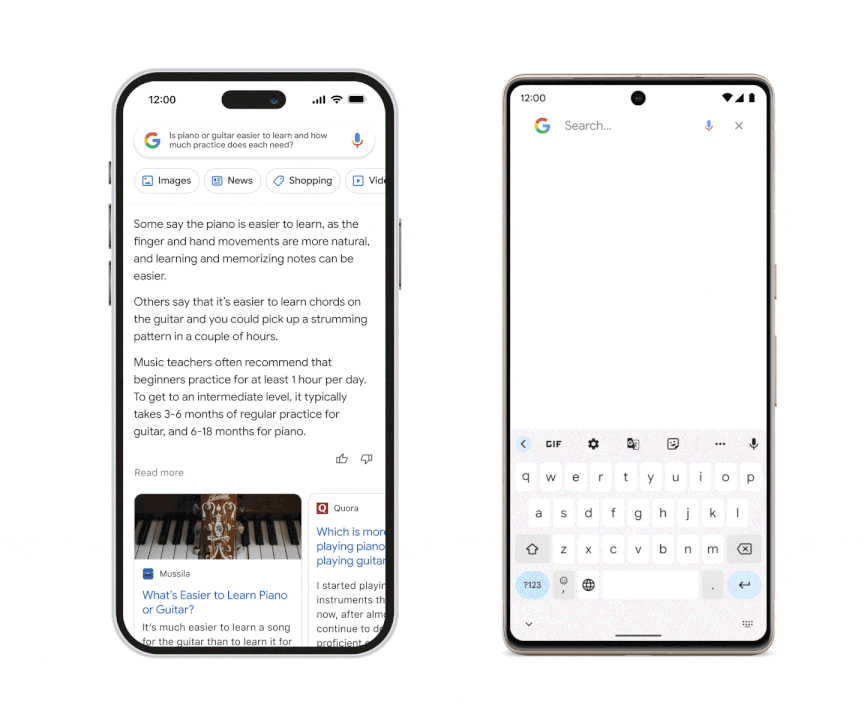
Google is one of the most popular places on the internet where people look for information.
Since it was founded in 1998, the search engine seemed to be an unstoppable force. Powered by the strengths of its algorithms, and its user profiling capabilities that works under the a vast network of digital advertising business, Google is the goliath with no worthy enemy to compare.
While the search engine does improvise and get better as time passes, like using AI, for example, nothing came close to what OpenAI did with ChatGPT.
Instead of having an AI to power a search engine, OpenAI creates an AI that learns from datasets, to be able to respond like a human being.
This kind of technology can destroy Google in the same way that the search engine killed The Yellow Pages.
With AI chat bots like ChatGPT, Google may soon experience a "total disruption".
With the hype of ChatGPT, Google is searching for ways to reassure people that it is still leading the AI race for the best artificial intelligence technology.
Following a "code red" warning from CEO Sundar Pichai, who also summoned both Google founders, Larry Page and Sergey Brin, for help, Google introduced 'Bard'.
Bard here is meant to be a direct competitor to ChatGPT.
Just like ChatGPT, it's an AI-powered chat bot capable of receiving prompts to then respond like humans, and that it's capable of integrating and maintaining conversation in a way humans do.
Google demonstrated this in public, but apparently, the AI came up with the wrong answer, all to everyone's dismay.
In a promotional video, the bot was asked about what to tell a nine-year-old about discoveries from the James Webb Space Telescope.
It offered the response that the telescope was the first to take pictures of a planet outside the Earth's solar system, when in fact, that milestone was claimed by the European Very Large Telescope in 2004.
While the bot made a mistake, Google's biggest mistake was not factchecking it before sharing the video.
Almost instantly, this mishap plummeted the shares of Google's Alphabet, which sank by more than 7%.
This translates to about $100 billion being written off the firm's market value.
Investors were also underwhelmed by a presentation the company gave about its plans to deploy artificial intelligence in its products.
Employees of Google took the matter to the internet, where they express their thoughts on the Bard announcement, referring to it as "rushed," "botched" and "un-Googley."
Most of blamed the mishap on Pichai.
Bard is an experimental conversational AI service, powered by LaMDA. Built using our large language models and drawing on information from the web, it’s a launchpad for curiosity and can help simplify complex topics → https://t.co/fSp531xKy3 pic.twitter.com/JecHXVmt8l
— Google (@Google) February 6, 2023
It all began when ChatGPT was introduced, and quickly becoming the hype of the AI field and the internet.
When Microsoft-backed OpenAI unveiled AI software, it quickly became a viral hit for its facility in passing business school exams, composing song lyrics and answering other questions.
The AI that is then touted as the "Google killer," sparked an AI chat bot race that the world has never seen before.
With Microsoft saying that it is using a version of this ChatGPT to power its search engine and web browser, Google is really at the edge of its seat.
If the company doesn't do anything about it, there is a prediction that the trend of people searching online using search engine will start to fade. Instead, people would seek information, or get help, using all-knowing chat bots.

Regardless, Bard has potentials.
Putting aside its mistake, Bard is pretty similar to ChatGPT, in which both are meant to do the same thing.
The main difference between Bard and ChatGPT is the data source.
Whereas ChatGPT sources its knowledge from 2021 data, Bard continually draws information from the internet. What this means, ChatGPT is more limited to newer research information, while Bard knowledge is still expanding.
Then, according to Google in a blog post, Bard is created using Google's LaMDA for dialogue applications, an open-source network to understand natural language. It's trained to find patterns in sentences and between words to create dialogue versus individual words.
ChatGPT on the other hand, uses GPT 3.5.
And for how results are shown, Bard tends to create more chunks of information, while ChatGPT creates content in a single text prompt.
